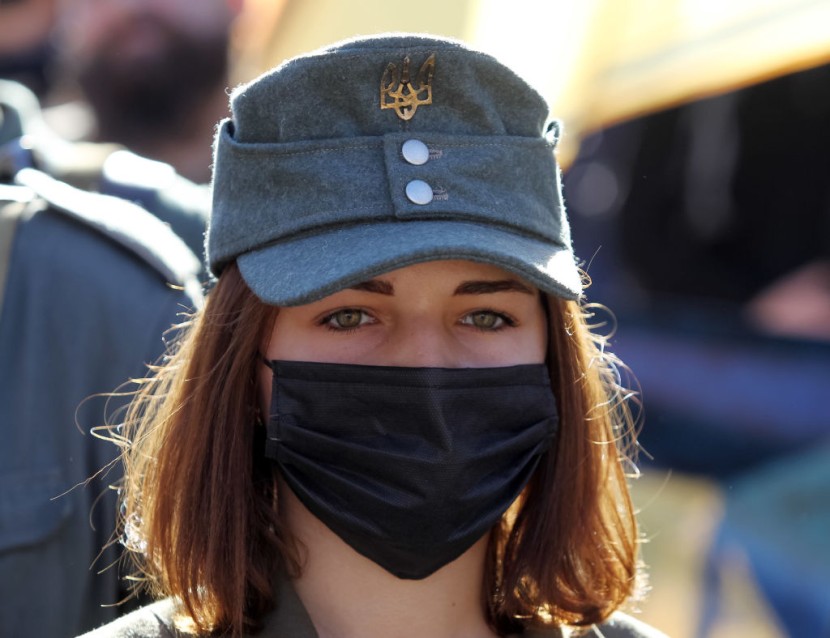
The Ukrainian government is facing widespread criticism after the country's army had female soldiers marching in the streets while wearing high heels as part of a rehearsal parade to celebrate the country's independence.
While the footwear was part of Ukraine's designated uniform for female soldiers, they were not typically required to be worn with the standard fatigue tops they marched in. Despite the issue, army officials did not explain why they opted to require the female troops to wear different footwear compared to their male counterparts.
Three female cabinet members of the country, including the minister for veteran affairs, issued a joint statement condemning the decision, arguing a military parade's purpose should be to showcase the army's capability. They said that stereotypes and sexism had no place in such events.
Marching in High Heels
Many other female government officials expressed their disdain for the controversy on social media platforms, where one accused the military of having a "medievalist" mindset.
A photograph of the incident was captured and shared online, showing female soldiers marching on July 2, 2021, while wearing high heels. The Ukrainian Defense Ministry press service was responsible for taking the picture and releasing it online.
The event was a military parade rehearsal conducted in Kyiv, Ukraine. After the march, many criticized Ukraine's defense minister, including other members of the government, for the decision of having the women wear high heels, Yahoo News reported.
After the widespread criticism of the incident, the Ministry of Defense retracted its requirement of wearing high heels during parades for female soldiers. Officials acknowledged that marching in the type of footwear seen in the photograph was challenging.
In a Facebook post, Inna Sovsun, an opposition lawmaker, said marching in the roads under the scorching heat was bad enough without the heels adding potential risks of injury, including damage to shins, ligaments, and feet. She also called the controversial parade rehearsal "harmful" and "idiotic."
The goal of the military parade should be to showcase the strength of the army, something that wearing high heels would inevitably hinder, Maria Berlinska, an activist campaigning for more gender equality within the army's ranks, said. She added that female soldiers fought in a manner similar to male troops, wearing combat boots.
Sexism and Stereotyping
The Ukrainian government has allowed female residents to serve the country's military since 1993. Military officials also opened up many combat jobs to female troops in 2018, including gunners on armored vehicles, snipers, or infantry commanders, the New York Times reported.
Elena Kondratyuk, the vice-speaker of the Ukrainian parliament, called the incident "ferocious trash" in an online post on Facebook. She also called on Defense Minister Andriy Taran to conduct an investigation of the incident, citing the country's constitution that guarantees equality between men and women.
Former defense minister Andriy Zagorodnyuk said the decision to require female soldiers to wear high heels during the parade was a step towards becoming a country like the North Korea.
Iryna Gerashchenko, an opposition lawmaker, said it was humiliating for the women serving the Ukrainian army to be subjected to that kind of stereotyping. She argued that she initially thought the decision was a joke, NBC News reported.
Related Article:
© 2025 HNGN, All rights reserved. Do not reproduce without permission.








